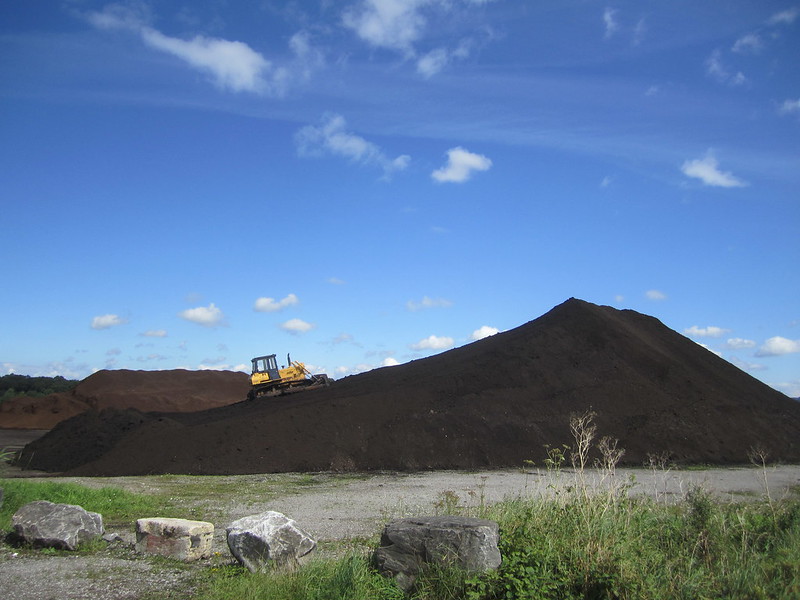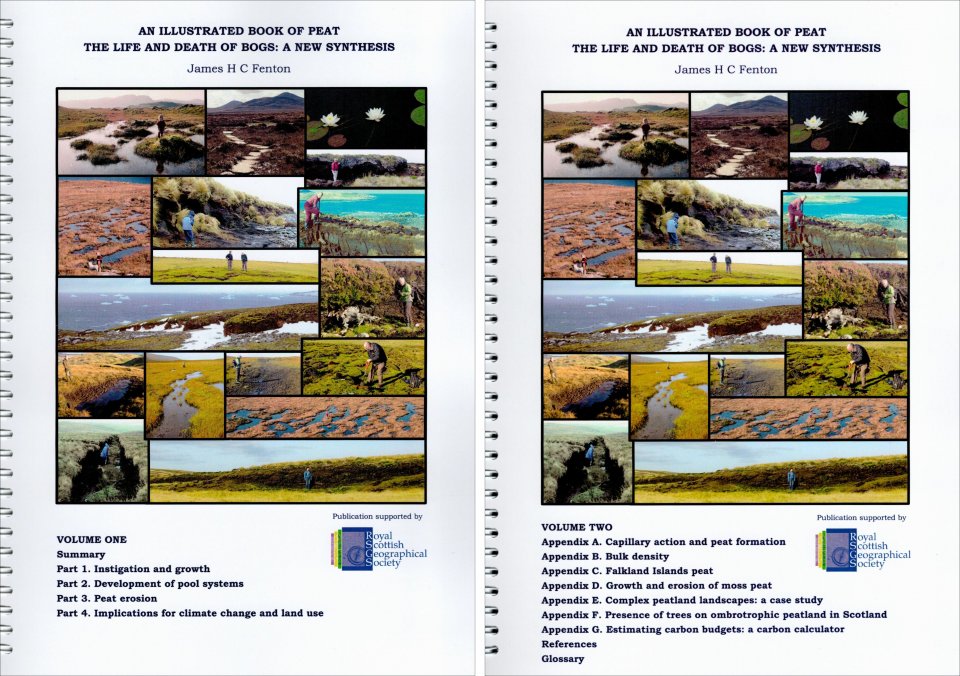A UK campaign, headed by Professor Dave Goulson, has called upon the government to ban the use of peat in garden compost by the end of 2021.
In 2011, voluntary targets were set by the government with the aim of ending the domestic sale of peat-based composts by the end of 2020. But, in a recent letter to the environment secretary, George Eustice, Goulson explains that these targets have been an ‘abject failure’. The letter, which has been signed by a long list of notable conservationists, scientists and gardeners – including Alan Tichmarsh, Isabella Tree and Kate Bradbury – goes on to suggest that banning peat-based composts before the COP26 climate conference is a vital step in demonstrating the UK government’s dedication to addressing the climate crisis.
Why is peat important?
Globally, peatlands store half a trillion tonnes of carbon; this is twice as much as is stored in the world’s forests. In the UK alone, peatlands hold more than three billion tonnes of carbon although, worryingly, only 20% exist in a natural or near natural state. Peatlands also provide important habitat for many species of plants and animals and play a critical role in reducing flooding.
As well as the extraction of peat for use in the garden trade, these areas are under threat from overgrazing, draining (so that land can be made suitable for farming), and burning of the surface heather, particularly on grouse shooting estates.
Peatlands grow from the slow accumulation of dead plant material in wet terrestrial habitats and take an incredibly long time to form. When the peat is extracted or damaged, the stored carbon that has built up over centuries is released into the atmosphere. Because of this, the UK’s peatlands are now acting as a net carbon source, rather than an environmentally critical store.

How can I help?
- As a gardener and consumer, one of the most important things you can do is to commit to only buying composts that are peat-free. Or, better still, if you have the space, try making your own from kitchen and garden waste. As stated in Goulson’s letter ‘Unearthing this precious store of carbon to use in the garden is needless, given that there are high-quality peat-free alternatives available’. Following a survey conducted by the Wildlife Trusts, only two garden retailers declared an end-date for peat sales: Travis Perkins in 2021 and Wickes by 2025. Other retailers, including B&Q, Asda and Lidl said they were committed to phasing out peat products but gave no date.
- For anyone purchasing plants from nurseries, the Dogwood Days blog provides a comprehensive list of plant nurseries that are peat-free on site and/or committed to sourcing peat-free plants.
- Sign the petition to ‘Ban the use of peat in horticulture and all growing media by 2023‘. The deadline for this petition is 6th June 2021, and 10,000 signatures are required to ensure a government response.
- Follow and share the #PeatFreeApril campaign on Facebook, Instagram and Twitter and help to spread the world among your fellow gardeners.
Further reading
An Illustrated Book of Peat (2-Volume Set) The Life and Deaths of Bogs: A New Synthesis
James HC Fenton
March 2021 | Spiralbound
#252901
Cover image: ‘Organic Choice all purpose peat free garden compost’ from crinklecrankle.com







